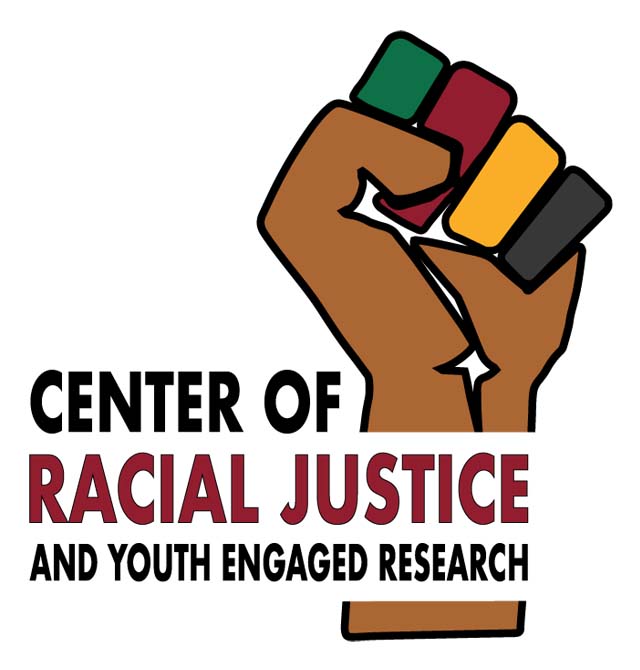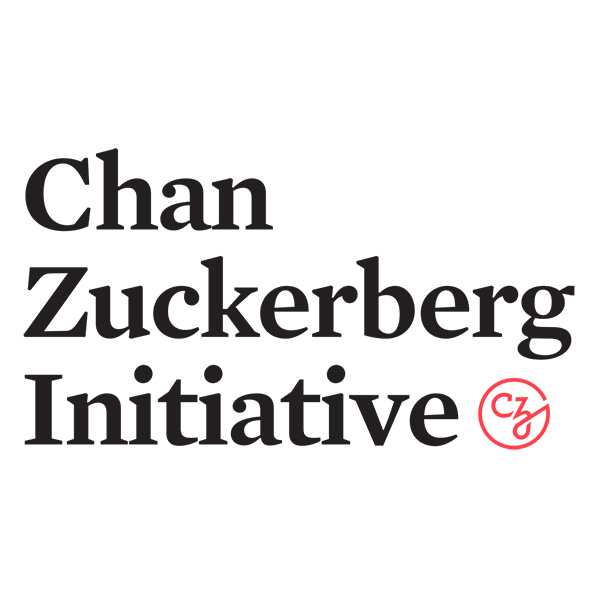Leadership and Partners
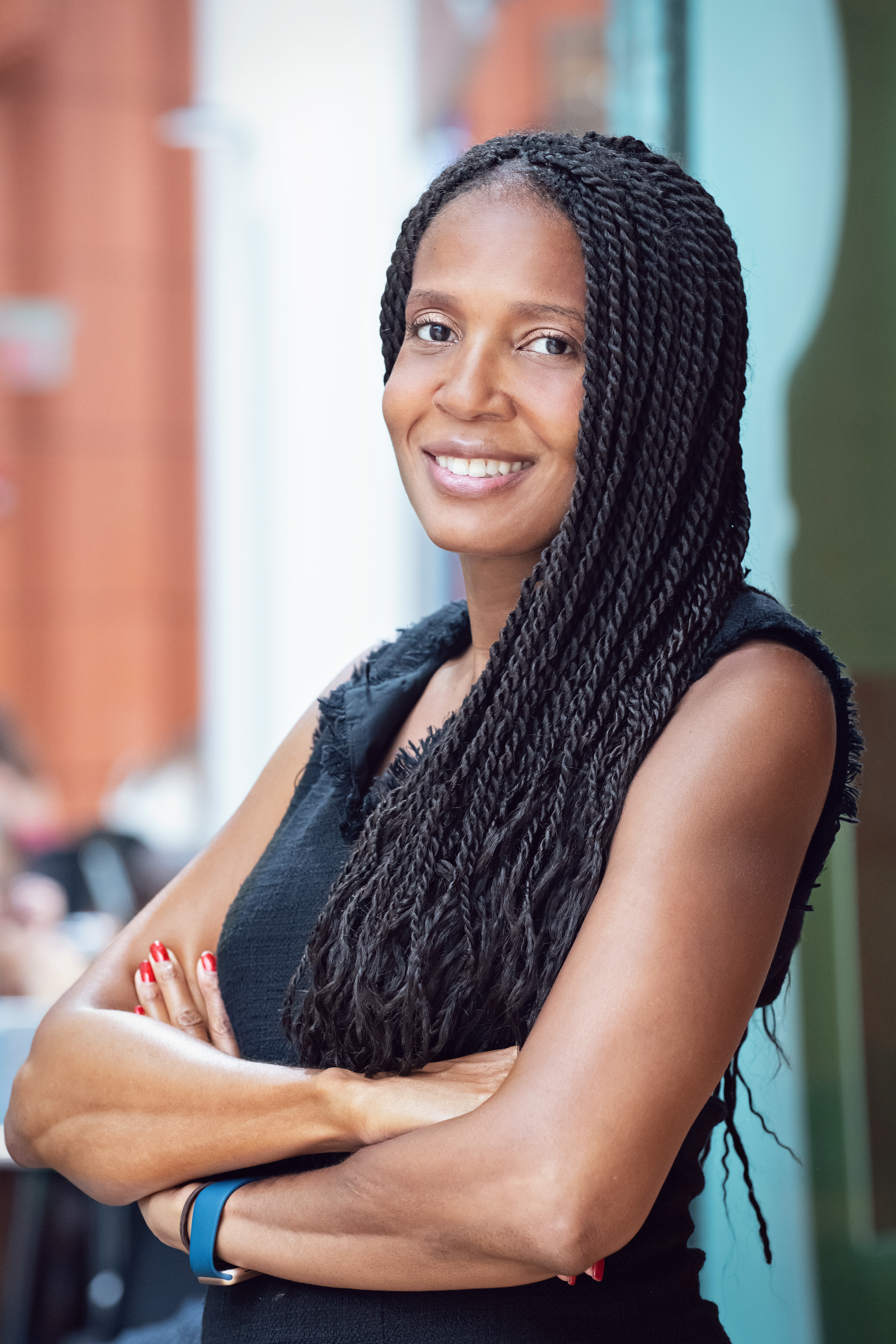
Jennifer Randall (she/her)
Chief Visionary
Dr. Jennifer Randall is the President of the Center for Measurement Justice and the Dunn Family Professor of Psychometrics and Test Development at the University of Michigan. Dr. Randall, previously a public-school teacher, is a field expert on community-informed measurement practices, developed through an iterative design process that includes the perspectives/inputs of Black, Brown and Indigenous children, families and teachers. Her research focuses on developing culturally sustaining and antiracist assessments in reading, math, and social studies and building diverse researcher pipelines in the fields of measurement and education.
Dr. Randall has served as an associate editor for the Journal of Educational Measurement (2016 – 2018), chair of the Diversity Issues in Testing Committee for the National Council for Measurement in Education (NCME), chair of the Research on Evaluation Special Interest Group for the American Educational Research Association (AERA), and co-chair of the Northeastern Educational Research Association 2013 and NCME 2015 Annual Conferences. She currently serves as a founding board member for Women in Measurement, Inc., a nonprofit organization with a mission to advance gender and racial equity in the field of educational measurement. Dr. Randall has also served as a technical advisor for the National Assessment of Educational Progress in mathematics (2019-present) and reading (2018-2019), as well as county/state assessments including Massachusetts, Nevada and Colorado.
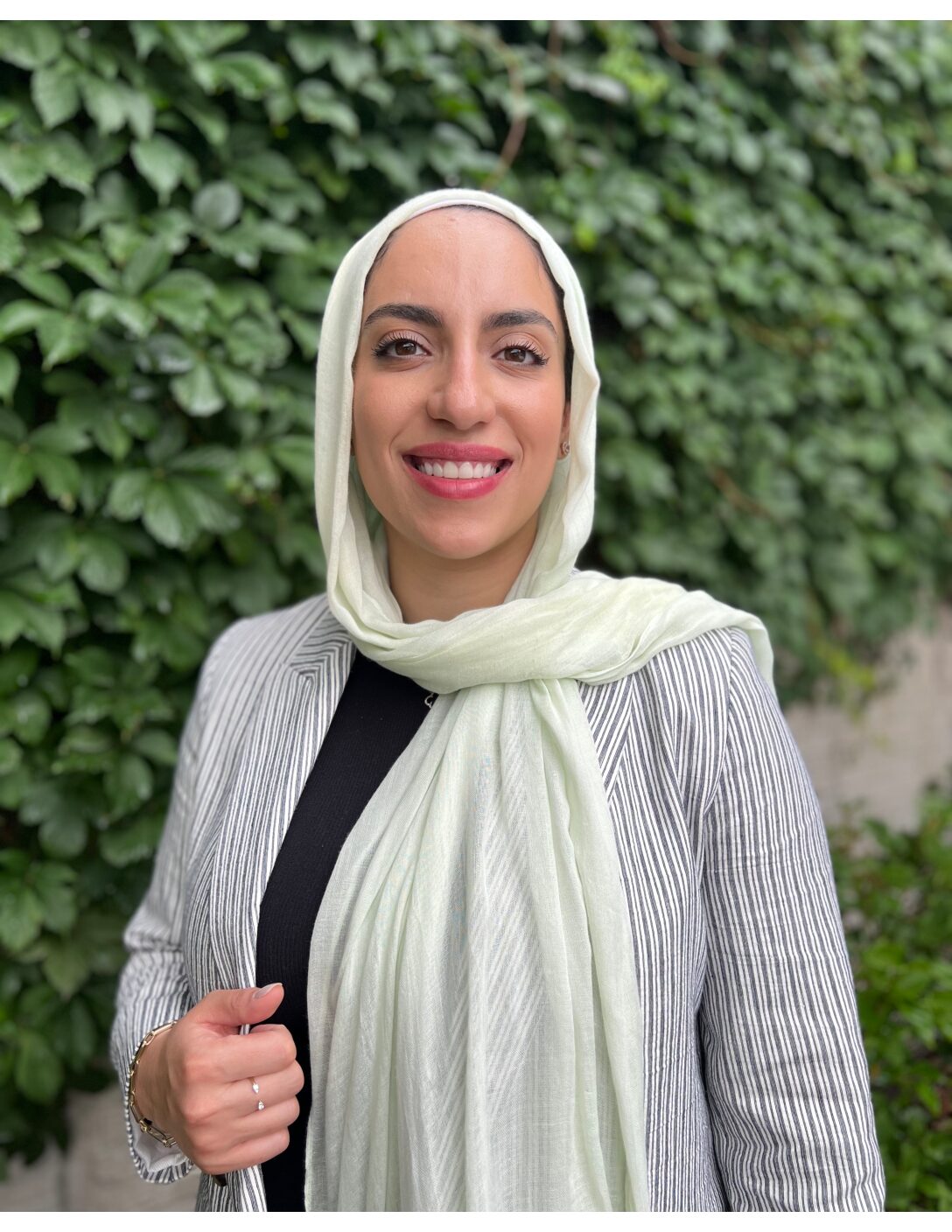
Jenin Sabbah (she/her)
Chief Executive Officer/CEO
Jenin Sabbah is Executive Director at the Center for Measurement Justice. She joins President Jennifer Randall in leading CMJ toward the future of anti-racist and culturally sustaining assessments for K-12 students.
Jenin served as COO of international humanitarian nonprofit group Mercy Without Limits, where she collaborated with the CEO to drive strategy, staffing, marketing, and development. Prior to that, she led youth programming for the Islamic Cultural Association in Michigan.
Jenin is passionate about working toward powerful changes that impact future generations, particularly by advocating for her community and leading social justice efforts in service of Black, Brown, and Indigenous communities. She holds a BS from Wayne State University, and a Juris Doctorate degree from University of Detroit Mercy School of Law.
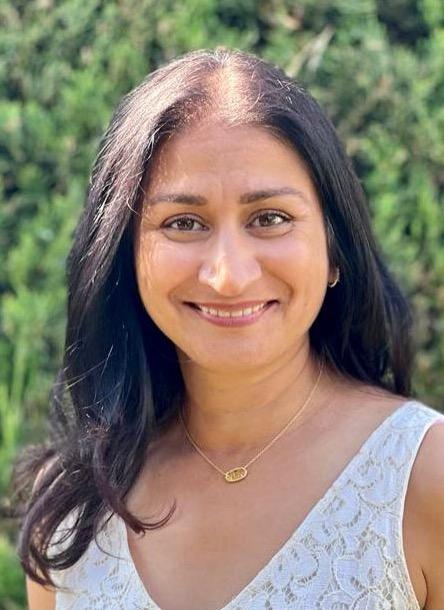
Maria Hamdani (she/her)
Head of Assessment and Strategic Partnerships
Maria Hamdani is the Vice President of Assessment and Research for the Center for Measurement Justice. Maria brings 18 years of assessment experience, including strategic development of different assessment types, including formative, summative and technology-enhanced assessments. In addition to being a member of the Asian, Muslim community, Maria’s passion for culturally responsive, anti-racist assessments also stems from her ten years as a high school math teacher in diverse locations, including Texas, Maryland and India, augmenting her ability to understand and adapt teaching and assessment styles to unique local cultures and specific student needs. Maria recognized early on that the playing field is seldom “level” for students of marginalized communities and has dedicated her career to leveling that playing field.
Maria has an BA degree in Mathematics from the University of Texas at Arlington, and an MS in Learning Analytics from Columbia University, Teachers College.
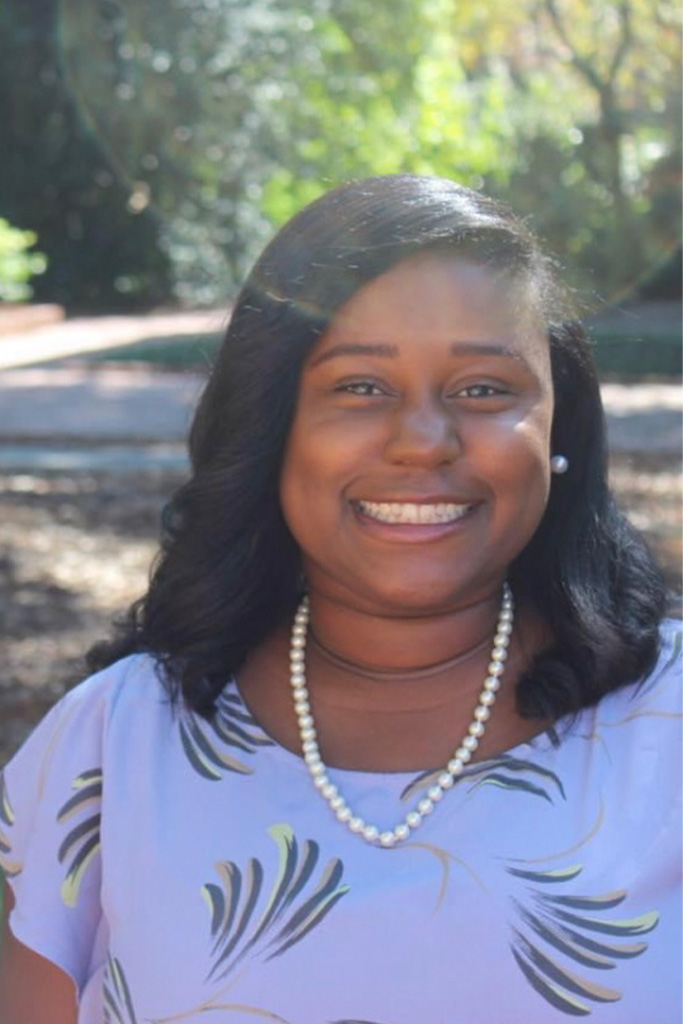
Tyra Young (she/her)
Operations Manager
Tyra Young is the Operations Manager for the Center for Measurement Justice. She brings 7 years of project management experience, including specializing in workforce operations, strategic planning, budget allocation & analysis, cost controls/savings, and delivering multimillion-dollar projects for various organizations.
Tyra’s passion for culturally responsive, anti-racist assessments also stems from her five years of work in higher education student affairs, where she served as a mentor to underrepresented and/or low-income student populations. She enjoyed being an Upward Bound Instructor in the University of South Carolina’s TRiO/Support Services department, championing the needs of first-generation college students. She also served as an Afterschool Care Instructor working with K-12 students through the Greater Enrichment Program in Charlotte, North Carolina.
Tyra has a BA in History with a double-minor in American Studies and Political Science from the University of North Carolina at Charlotte, and an MEd in Higher Education and Student Affairs from the University of South Carolina.
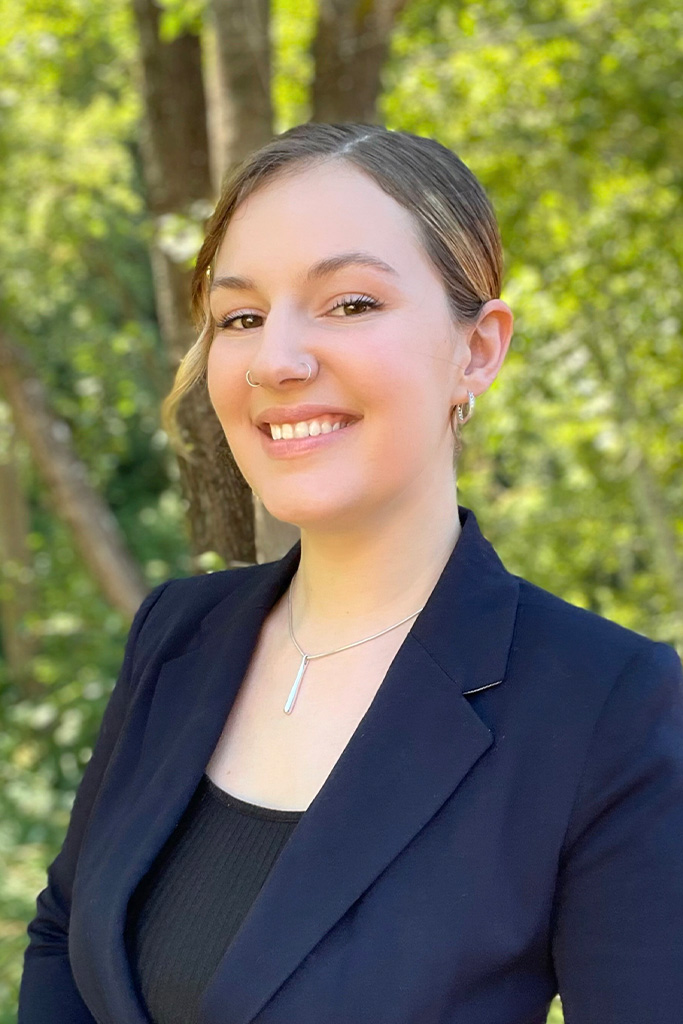
Rose Martines (she/her)
Program and Communications Coordinator
Rose Martines is the Program and Communications Coordinator for the Center for Measurement Justice. She brings over five years of experience in event coordination, project management, and organizing within educational institutions to enact systemic anti-racist change. She also has over three years of experience in nonprofit administrative work.
Rose has always been deeply passionate about utilizing her organizational and leadership skills to create change. She previously served as Community Outreach Advisor with AFS Intercultural Programs, Administrative Assistant with Bridges4Life, and Community Engagement Intern with Movement for Justice in El Barrio. She also was a leader, mentor, and tutor through her campus TRIO, Intercultural Life, and A.B.L.E. Club. In all of her previous roles she managed membership databases, communications, organized events, and designed marketing materials. She values active listening, accountability as love, accessibility, and growth.
She graduated Summa Cum Laude from Knox College with a BA in Anthropology & Sociology, and Spanish, and a minor in Peace and Justice Studies. She received various academic awards upon graduating and completed research projects on “Safety in Abolition”, “Policing of Bilingual Education”, and “Indigenous Gender Fluidity”.
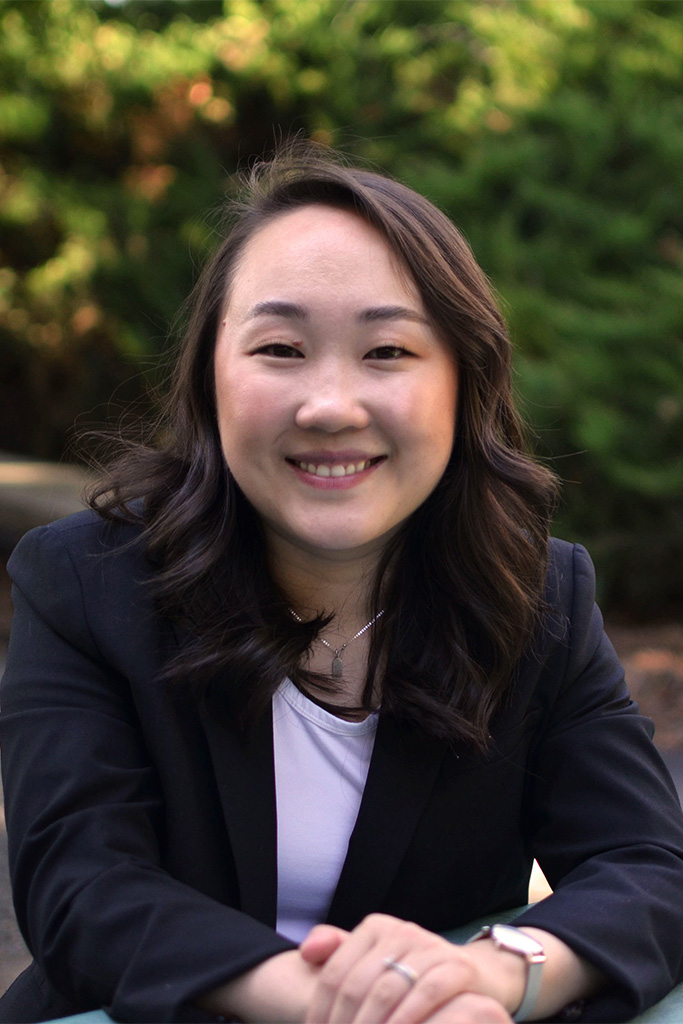
Dr. Thao Vo (she/her)
Critical Quantitative Methodologist Fellow
Dr. Thao Vo is a Critical Quantitative Methodologist Fellow at the Center for Measurement Justice. She brings over six years of experience in applied psychometrics and operational assessment, specializing in integrating quantitative and qualitative research methodologies that advance diversity, equity, and inclusion.
Thao earned her Ph.D. in Educational Psychology from Washington State University, supported by the Center for Measurement Dissertation Fellowship. Her academic trajectory includes a Psychology and Human Development background, which has been crucial in bridging advanced statistical methodologies with theory-driven approaches. Her dedication to justice-oriented research is demonstrated through her work, including projects that have examined gender and racial workplace equity in the educational measurement profession, applied critical theory (e.g., QuantCrit, Intersectionality) to large-scale assessment and survey data, and engaged in participatory research with schools to understand the consequences of youth risk assessments.
Thao’s commitment to the educational measurement field extends beyond her research. She has actively served in several national organizational roles, including the American Educational Research Association Division D – Equity & Inclusion Committee and the National Council on Measurement in Education Graduate Student Issues Committee. Her unique perspective, shaped by her lived experiences as a Vietnamese immigrant and professional training, fuels her commitment for a more justice-oriented measurement praxis.

